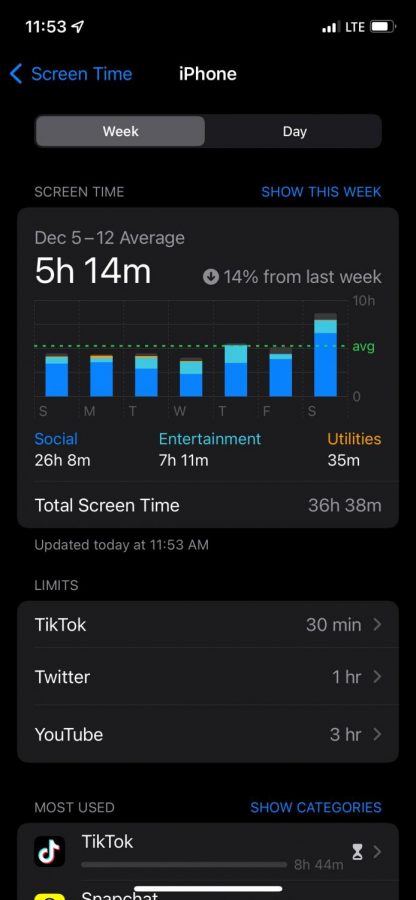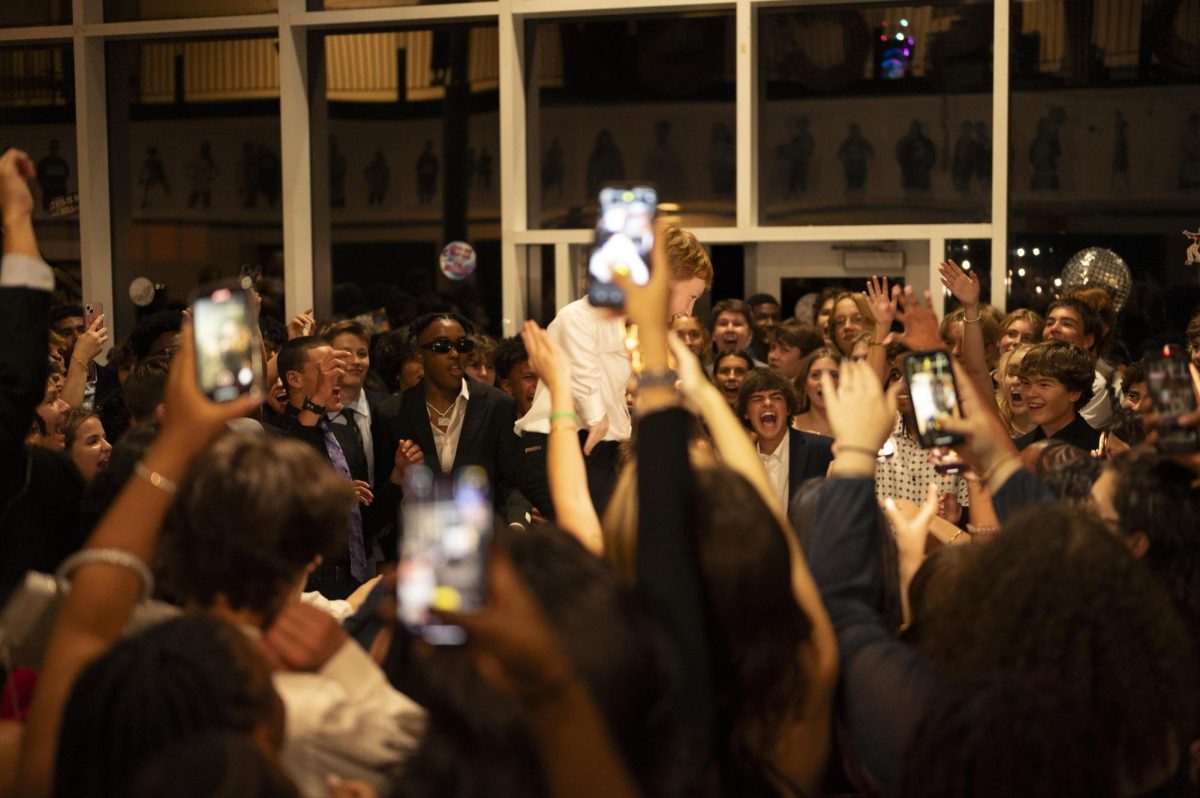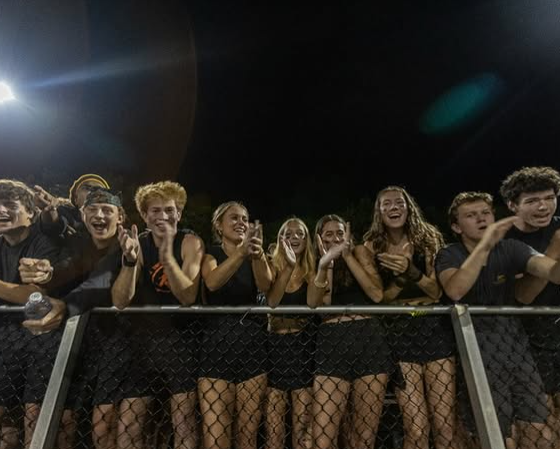Cutting My Screen Time in Half
Here, you can see my screen time down just over three hours from what it was just several weeks ago. Though it is not perfect, it is improvement.
December 20, 2021
My co-staff writer, Stella Gunn, decided to do a social experiment that tested the will of some of our teenage peers and their ability to limit or decrease their screen time.
As she asked everyone for their current screen time and recorded the answers, I felt a sense of embarrassment go over me as I looked at my personal screen time in my settings. I noticed that mine was much higher than most of my peers, and I questioned my entire existence.
As I looked at the “8h 30 min” that were my daily screen use, I realized that I spent a third of my day, on average, looking at my phone. I had looked at my screen time maybe a few times before that, but never thought of paying it any mind, as I assumed that most teenagers looked at their phone just as much, if not more. From that perspective, I didn’t think that my screen time was a big deal, especially compared to the average teenager.
Seeing that most of my classmates had an average below that, I felt self-conscious at the fact that I spent so much time on my phone. I started to think deeper about the benefits and also the dentriments that resulted in spending over 8 hours a day on my phone. It did not take me long to realize what exactly was taking up most of my time on my phone. I assumed that over half of this 8 hours was spent going down endless holes of clicks on social media apps. I am not a big game player, and don’t necessarily read books or watch TV shows on my phone. Therefore, the largest contributor to my addiction was social media apps like Instagram, Snapchat, and Tiktok.
I tend to categorize these three apps into different groups in relation to the reasons I personally use them. Instagram is mainly used for staying updated on what is going on in the world, as well as with my friends and things they decide to post on their story or to their profile. Snapchat is my most used app, which is almost solely used for communicating directly with my friends and seeing what is going on in their personal, daily life. Not that it is the most addictive of the apps, but as a social person, I like to continuously be in contact with others, especially when I am alone. Contrary to what I just said, the last of my three most problematic apps, Tiktok, is the most addicting of these three. By using preference based findings, the app continues to feed you videos that relate to you and that you will engage with. Due to this, I sometimes find myself spending half an hour or more on Tiktok multiple times throughout a day scrolling through quick, enjoyable videos that other people make.
The two leading benefits that I found in using my phone were keeping in contact with friends and using apps to keep up with the news of the world, which were two things that I realized could be vastly limited and cut down based on my personal needs and daily life. All of the extra time spent procrastinating and going down black holes of content could, and should be, cut off.
The following week after first recognizing how much time I spent on my phone, my screen time was cut almost in half. I was at about 4 and a half hours for a daily average. To me, this was a huge improvement for myself, and I found myself getting more things done and being more productive. I did not set any time limits or restrictions on my phone, but instead just used personal will to not pick up my phone when I did not need to do so.
Since that first week, my average has gone up a little, but is still drastically improved from what it was before. I also find it much easier to not pick up my phone and actually focus on other tasks that I am doing as my phone is usually used as a procrastination device. By simply not picking my phone up at times I do not need to, I have been able to stay on top of my schoolwork more, read more, and spend more time with my family. I find spending my time like this much more valuable than wasting hours of my day on useless apps.






